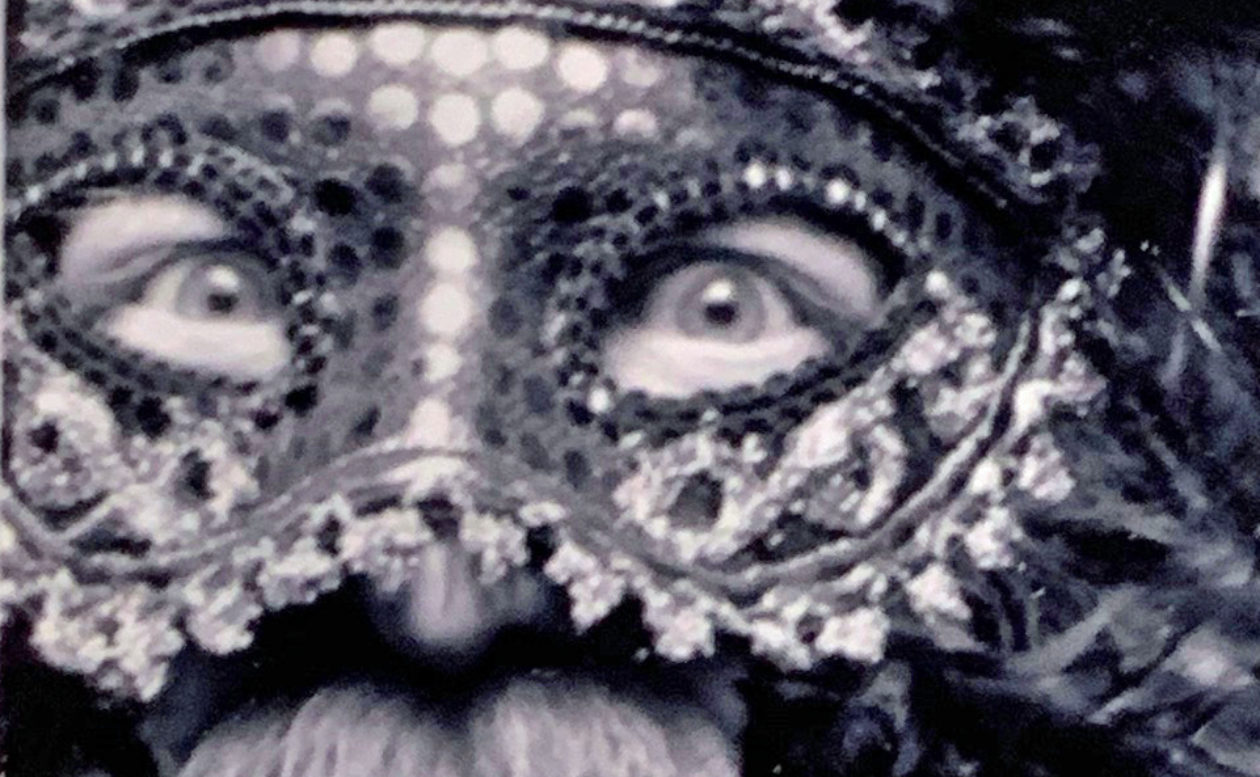Book of the Dead 10
No person ever loved me more than my Grandmother.
And I don’t mean that as something that lifts me up.
I mean that as a testament to the goodness of Grandma.
The depth of my love of steamed eggs, or alternatively, custard pie
Are mere substitutions for the depth of my love for Grandma.
But Grandma died while I was in Marine Corps boot camp in 1969.
Her seventh heart attack did her in and it mattered not to the Corps
How much I loved my Grandmother or how much she loved me;
I was not permitted leave during boot camp for this or any reason.
After, Grandma came to me in boot camp, though she didn’t bring custard pie.
Something prohibited me from climbing the rope on the obstacle course.
Despite my intent and will, I could climb up only about ten feet and stall.
And there hung I, between Heaven and the drill instructor,
Who promised unpleasant consequences if I came down before I went up.
Long minutes hanging in limbo before succumbing to the DI’s promise.
Eventually, through a trick of faith and some personal instruction,
My feet and hands learned the trick. I became more of a man and more of a Marine.
But the truth of my heart was, I asked Grandma to help and she did.
Long after the Marine Corps, after the war, I fell asleep driving home alone one night.
Of course, I don’t know if I slept a moment or a minute, I was jolted
awake by a strike (more than a nudge, less than a slap) in the small of my back.
Awake, aimed exactly for a cement bridge abutment on the freeway,
Probably about a half-second before impact,
Grandma’s dusting powder scent filled the air in the car.
There is more to say here but I will leave it between Grandma and me.
